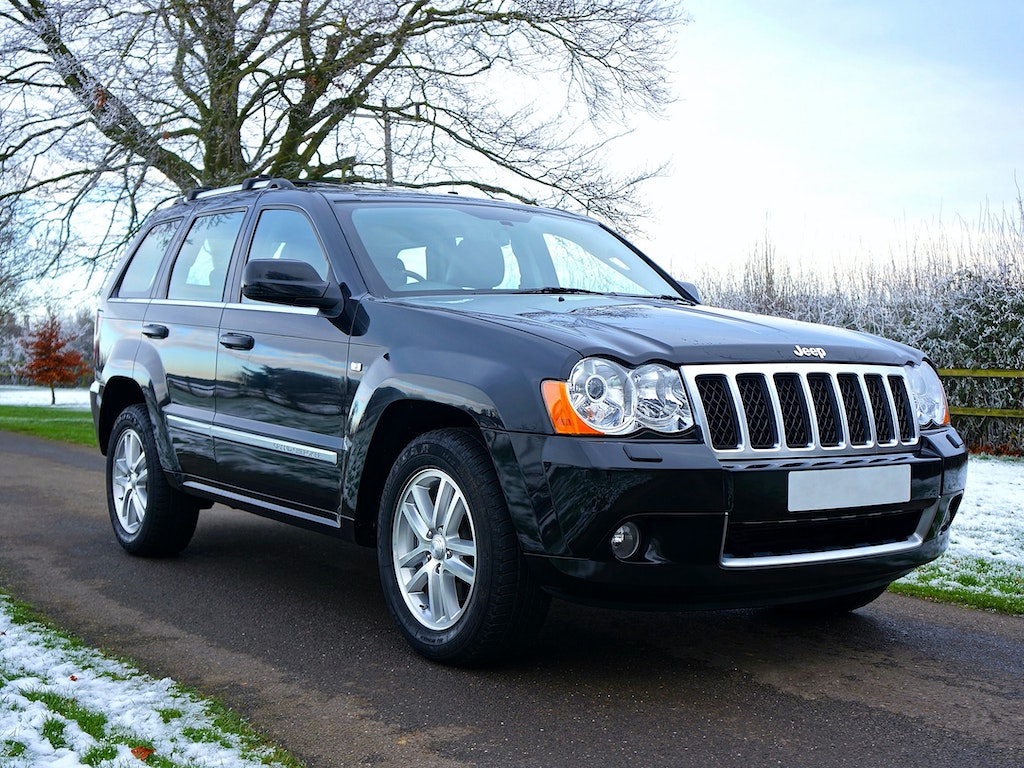
Buying a used car is a great way to save money while still getting a reliable vehicle. However, it’s crucial to approach the process with caution to ensure you secure the best possible deal. Whether you’re buying from a dealership or a private seller, there are several measures you can take to increase your chances of finding a quality used car at a reasonable price. In this article, we will guide you through the process and provide valuable tips on how to score the best deal on a used car.
Research and Set a Budget:
Before starting your search, determine the type of vehicle you need and set a budget. Research the market value of the car you’re interested in, taking into account factors such as the year, mileage, model, and condition. Setting a budget ensures you don’t overspend and helps narrow down your options.
Check Vehicle History:
Always request the vehicle’s history report, such as Carfax or AutoCheck, to gain insight into the car’s previous ownership, accident history, and maintenance records. This information allows you to assess its condition and determine if any red flags exist.
Inspect the Car’s Condition:
Thoroughly inspect the car’s exterior, interior, and under the hood. Check for any signs of wear and tear, damage, or potential issues. If you’re unsure about assessing the car’s condition, consider seeking the expertise of a trusted mechanic who can conduct a comprehensive inspection.
Test Drive the Car:
Always take the used car for a test drive before making a purchase. This allows you to gauge its performance, handling, and comfort level. Pay attention to any strange noises, vibrations, or warning lights that could indicate mechanical problems.
Gather Multiple Quotes:
If you’re purchasing from a dealership, gather quotes from multiple sellers to ensure you’re getting the best price. Don’t be afraid to negotiate, as dealerships are often willing to lower the price to make a sale. For private sellers, research similar cars for sale in the area and use that information as leverage for negotiations.
Consider Certified Pre-Owned:
Certified pre-owned (CPO) cars offer additional peace of mind as they undergo a rigorous inspection and come with extended warranties. While they may be slightly more expensive, the added benefits and assurance of quality can be worth the investment.
Secure Financing:
If you need financing for your used car purchase, explore your options before visiting dealerships. Get pre-approved for an auto loan from multiple lenders to compare rates and terms. This allows you to have a clear understanding of your budget and negotiation power.
Negotiate and Finalize the Deal:
Once you’ve found the right car at the right price, don’t hesitate to negotiate the final terms. Be polite but firm in your negotiations, and don’t be afraid to walk away if the deal doesn’t meet your expectations. Ensure all paperwork, including the title transfer and any warranties, is completed accurately and signed by both parties.











